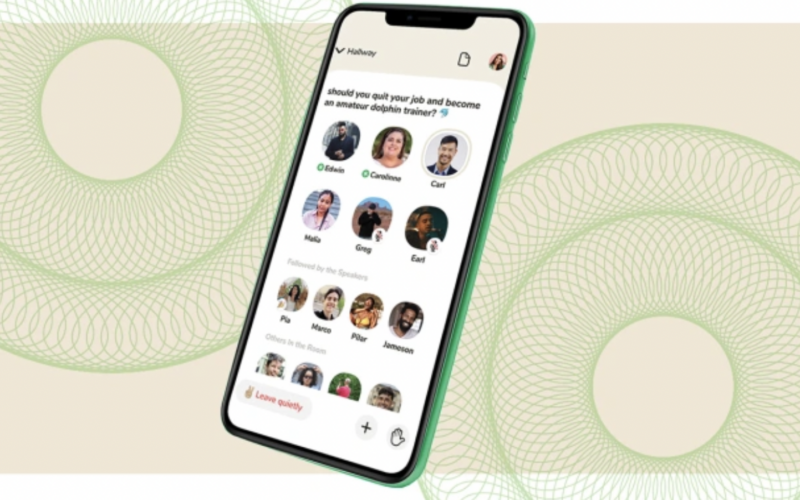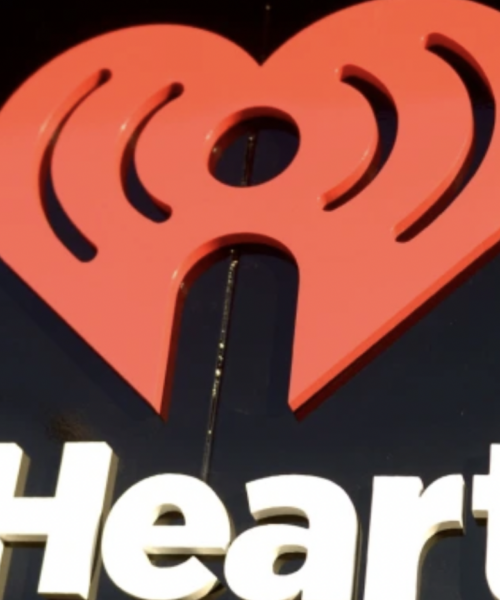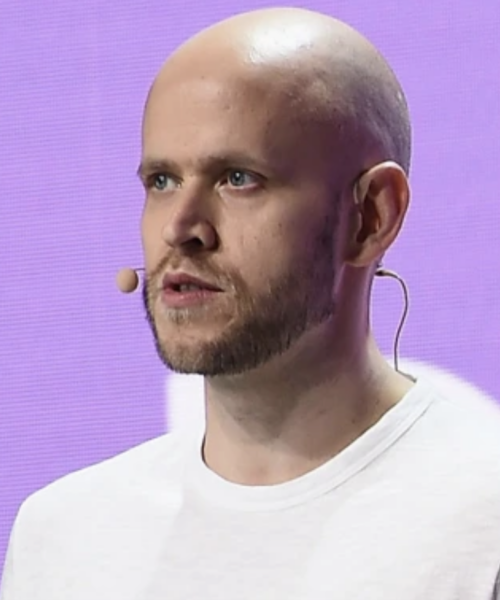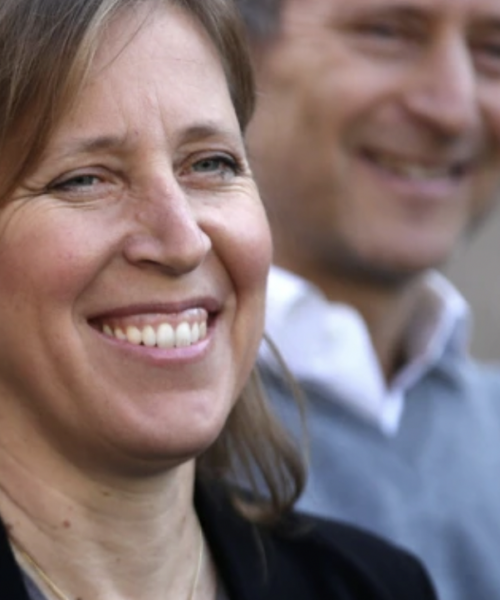BY J. CLARA CHAN | HollywoodReporter.Com
Troy Warren for CNT #Digital #Technology
Since a $4B valuation, downloads of the pandemic-popular app have fluctuated and competitors have launched, so Clubhouse is back to the basics after growing “way, way, way too fast.”
Few people expected Clubhouse, the live social audio platform that launched in the early days of the pandemic, to grow as quickly as it did. Not even co-founder Paul Davison, who recalls scrambling to fix bugs and crashes with partner Rohan Seth when the company was run by just the two of them. “I think we grew way, way, way too fast,” Davison tells THR over Zoom from an office in San Francisco. “The user base just kept growing and it kept growing and it kept growing. We tried to slow it down with the invite system, but people figured out ways to get on. They were exchanging invites, creating public spreadsheets of invites. It wasn’t a great experience for people who joined that early because the platform hadn’t been built to handle that volume of people.”
Though Davison says the invite-only nature of the app in its early days was never meant to make Clubhouse “exclusive,” it did help generate plenty of buzz in media coverage and Silicon Valley circles. The momentum continued to grow when big names like Oprah Winfrey, Elon Musk, Tiffany Haddish and Chris Rock were spotted on the app, and Clubhouse stars found themselves signing with agencies like WME. It all led to a round of funding in April, headed by the VC firm Andreessen Horowitz, at an eye-popping $4 billion valuation.
Today, Clubhouse — which has since expanded to a team of nearly 90, including former Instagram and NPR execs — is almost working backward, having spent this year building out “foundational features” to transition from a prototype to a “real company,” as Davison describes it.

Changes have included setting up a tipping feature in April; launching on Android in May; adding direct messaging and opening wide to the public in July; releasing audio recording and universal search in September; and rolling out support for 13 languages on Android in October.
“We’re now finally at a point where we can come up for air,” Davison says.
The company also is facing growing competition from such tech giants as Facebook, Twitter, Spotify and, most recently, Amazon, as well as other community-oriented platforms like Discord. But when it comes to comparing performance, the tech companies are reticent to share metrics of their live audio offerings. As of February, Clubhouse said it had 10 million weekly active users, but Davison declined to provide an updated count. Facebook, Twitter and Spotify all declined to share figures for active users or rooms hosted per month. App downloads also have appeared to falter for Clubhouse on iOS, with September downloads dipping as low as 360,000, according to App Annie. But the platform’s performance on Android still appears strong, with downloads peaking at 7.9 million in June, and September downloads hitting above 1 million.
The uncertainty around Clubhouse’s future success, paired with its sizable valuation for a company barely out of its infancy, naturally has led some outside observers to feel less confident about it. “If you’re raising funding at very high valuations, it becomes very hard to live up to,” says a Silicon Valley investor of 15 years who was an early Clubhouse adopter but asked not to be identified because they know people connected to the app. “I’m pretty confident that company’s not worth $4 billion right now.”
The investor, who was an avid Clubhouse user, says his interest in the app has waned, especially as he’s returned to in-person gatherings. “I was actually with nine founders, in person, at a bar having a good intimate conversation that would have been a Clubhouse room 12 months ago,” he says. “So I think that’s a struggle for what they’re building.”
The platform also has faced its share of problems with content moderation, harassment and the spread of misinformation, and has struggled to support creators trying to monetize their followings. While the app is still very young, it’s unclear when or how Clubhouse will make itself profitable, though Davison has previously pointed to subscriptions and event tickets as possible options.
A longtime L.A.-based venture capitalist (who also asked not to be identified) says investors still will be able to find a “soft landing,” even if Clubhouse can’t live up to its hype: “This doesn’t look like it’s going to ‘take over the world’ the way that it did during the height of the pandemic.”
But for every “Clubhouse is dying” headline published, the app has — at least for now — stayed very much alive.
“Our investors are very long-term focused,” says Davison. “We have a lot of work to do. … We want to stay heads down, focused on the product, focused on the community, making it better and better every day.”
In Other NEWS



































